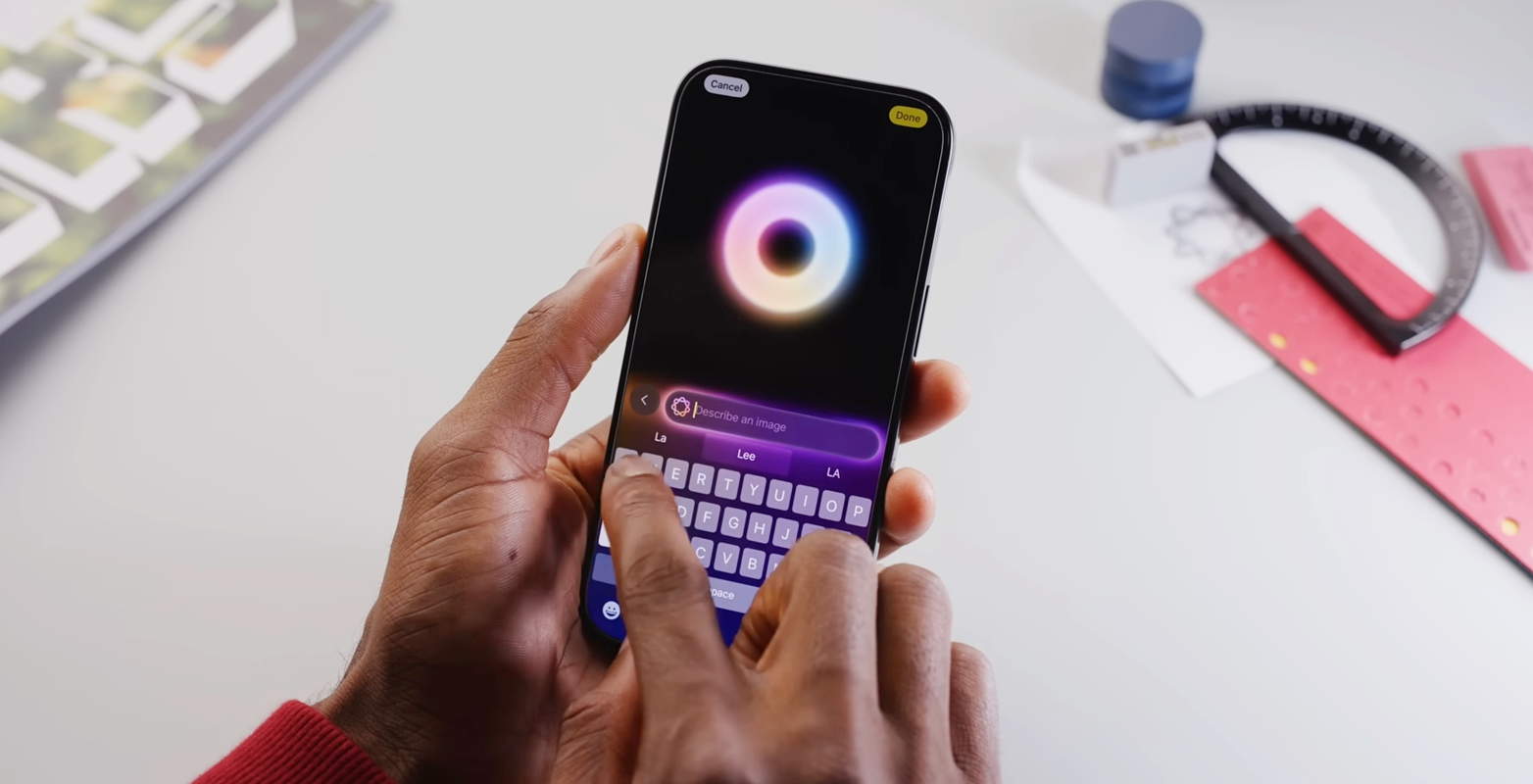Why Your iPhone Needs 7GB Storage for Apple Intelligence– In the realm of cutting-edge smartphone technology, artificial intelligence (AI) is playing an increasingly pivotal role. Apple, a trailblazer in innovation, has made significant strides in this arena with the introduction of Apple Intelligence. However, as users delve into the advanced functionalities offered by Apple Intelligence, one pressing concern arises: storage. With the release of iOS 18.2, Apple Intelligence now demands a minimum of 7GB of storage on compatible iPhone devices. In this article, we will explore the implications of this requirement, compare it with competing AI features, and discuss the future trajectory of AI in Apple’s ecosystem.
The Power of Apple Intelligence
Apple Intelligence represents a suite of AI-driven features designed to enhance the user experience. From the Image Playground and Genmoji to the integration of ChatGPT with Siri, Apple Intelligence brings a new level of interactivity and convenience to iPhones. These features leverage machine learning and natural language processing to provide users with a seamless and intuitive experience.
Comparing AI Features: Apple vs. Galaxy
While Apple Intelligence offers a range of impressive features, it faces stiff competition from other AI-powered technologies. One notable example is Galaxy AI’s Live Translate. This feature allows two individuals speaking different languages to engage in real-time, translated phone conversations. The ability to understand each other seamlessly makes Live Translate a standout tool. In contrast, Apple’s Genmoji, though entertaining, does not offer the same practical utility. As a result, Apple has some ground to cover to match the functionality of its competitors.
The Evolution of Apple Intelligence
When Apple first introduced Apple Intelligence, it required 4GB of storage on iPhones. However, with the release of iOS 18.2, this requirement has increased to 7GB. This change is due to the addition of new features, such as the Image Playground and expanded ChatGPT integration with Siri. As a result, Apple Intelligence now occupies a more substantial portion of your device’s storage.
For users with iPhones that have limited storage capacities, this increase can be significant. For instance, on a 128GB iPhone, Apple Intelligence’s storage footprint has grown from 3% to 5.5%. On the other hand, users with models starting at 256GB of storage, such as the iPhone 15 Pro Max and iPhone 16 Pro Max, will have more breathing room and less concern about storage constraints.
RAM Requirements and Device Compatibility
In addition to storage, the effective functioning of Apple Intelligence also hinges on RAM. To run these advanced AI features, a minimum of 8GB of RAM is necessary. This requirement has influenced Apple’s device design choices. The iPhone 16 and iPhone 16 Plus, for example, are equipped with 8GB of RAM to support Apple Intelligence, while the iPhone 15 and iPhone 15 Plus, which do not support these features, come with only 6GB of RAM.
Even budget-friendly models like the upcoming iPhone SE 4 are expected to include 8GB of RAM to ensure compatibility with Apple Intelligence. This strategic move ensures that a broader range of devices can harness the power of AI.
The Future of Storage and AI Integration
As AI continues to evolve, the storage requirements for Apple Intelligence will likely increase further. This trend underscores the importance of having ample storage space on future iPhone models. The shift towards starting with 256GB of storage across more models, not just the Pro Max variants, is a logical step to accommodate the growing demands of AI technology.
Apple’s commitment to integrating AI into its devices reflects the broader industry trend of leveraging machine learning to enhance user experiences. However, the increased storage demands also highlight the need for users to manage their device storage effectively.
Balancing AI Features and User Preferences
While Apple Intelligence offers a range of exciting features, not all users may find them equally helpful. For example, while some might appreciate the creativity of Genmoji, others may prioritize practical tools like Live Translate. This variation in user preferences means that Apple must continue to innovate and introduce AI features that cater to a diverse audience.
Moreover, users have the option to disable Apple Intelligence if they find it unnecessary. However, doing so may not reclaim all the storage space allocated to AI, making it a decision that requires careful consideration.
Wrap Up
The integration of Apple Intelligence into iPhones marks a significant advancement in AI technology. With a minimum storage requirement of 7GB and 8GB of RAM, these features bring a new level of interactivity and convenience to users. While Apple Intelligence faces competition from features like Galaxy AI’s Live Translate, its unique offerings continue to enhance the iPhone experience.
As storage demands increase, users must adapt to these changes and manage their device storage effectively. Apple’s ongoing innovation in AI technology ensures that iPhones remain at the forefront of the smartphone market, offering users a blend of entertainment, practicality, and cutting-edge technology. By staying ahead of the curve, Apple continues to push the boundaries of what is possible with AI, making the future of mobile technology both exciting and promising.

Selva Ganesh is the Chief Editor of this Blog. He is a Computer Science Engineer, An experienced Android Developer, Professional Blogger with 8+ years in the field. He completed courses about Google News Initiative. He runs Android Infotech which offers Problem Solving Articles around the globe.



Leave a Reply